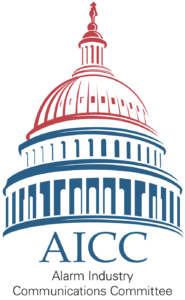The FCC is seeking comment on a number of robocalling issues that are relevant to the alarm industry. Specifically, the FCC is seeking updated information on these issues, each of which AICC has expressed concern through comments and ex partes in the past.
We need input from AICC’s membership in order to provide meaningful comment to the FCC in response to its Notice of Proposed Rule Making (NPRM). Following are a number of questions that are related to the alarm industry’s concerns regarding robocall blocking and labeling. We are providing these questions in word format so you can type your responses into this document and return it to us. Please be as specific and detailed as possible in your response. We will anonymize any data before providing it to the FCC.
Please respond by Friday, August 4.
AICC ROBOCALL PROPOSAL QUESTIONNAIRE
We need input from AICC’s membership in order to provide meaningful comment to the FCC in response to its Notice of Proposed Rule Making (NPRM).
